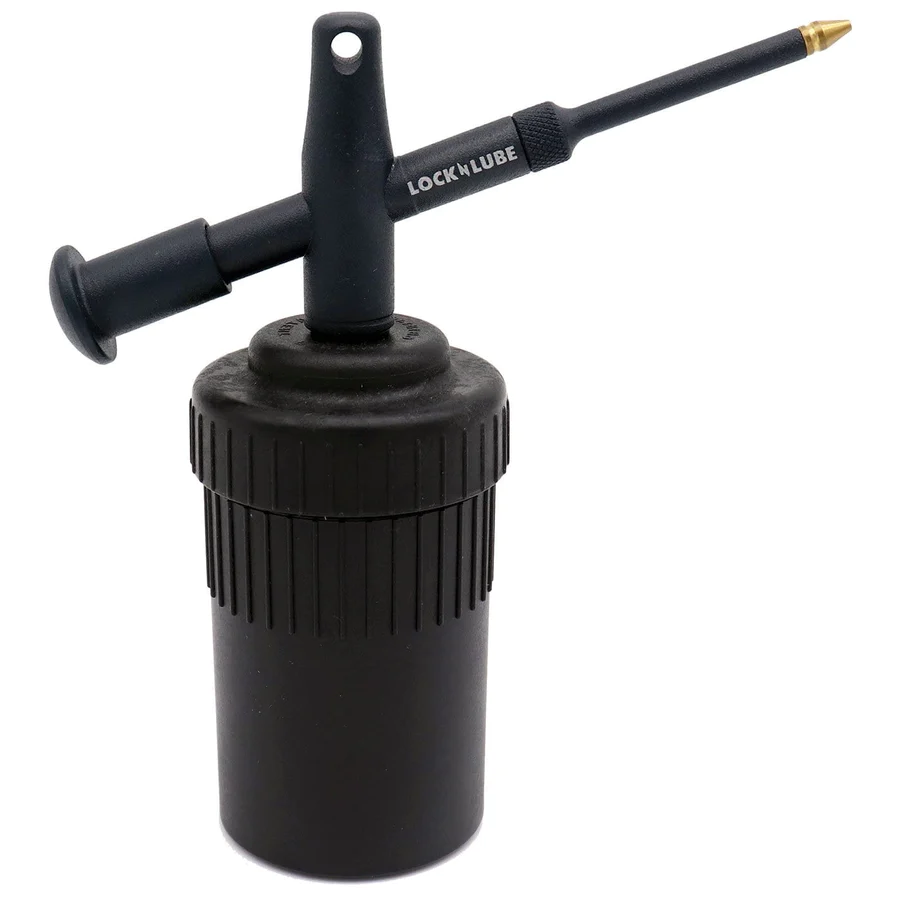If you are a gun owner, you know the importance of maintaining your firearm. One crucial aspect of firearm maintenance is lubrication. Proper lubrication ensures your gun’s smooth operation, prevents malfunctions, and extends the life of your firearm. In this article, we will cover everything you need to know about precision gun lubrication.
What is Gun Lubrication?
Gun lubrication is the process of applying oil or grease to the moving parts of a firearm. This lubrication reduces friction, protects against wear and tear, and prevents rust and corrosion.
Why is Precision Gun Lubrication Important?
Precision gun lubrication is essential for several reasons. Firstly, it helps to ensure the smooth operation of your firearm. When a gun is lubricated correctly, it moves and functions more efficiently. This reduces the chance of malfunctions, misfires, and jams.
Secondly, lubrication helps to prevent wear and tear on your firearm. Without proper lubrication, the moving parts of a gun can grind against each other, causing damage and reducing the lifespan of your firearm.
Lastly, precision gun lubrication protects your firearm from rust and corrosion. Moisture and oxygen in the air can cause rust and corrosion on the metal parts of a firearm. Lubrication provides a barrier against these elements, keeping your gun in good condition.
Types of Gun Lubricants
There are two main types of gun lubricants: oil and grease.
Gun Oil
Gun oil is a lightweight, low-viscosity lubricant that is ideal for use in small or hard-to-reach areas of a firearm. It penetrates deep into the metal and provides long-lasting protection against rust and corrosion. Oil for guns works well in both pistols and rifles.
Gun Grease
Gun grease is a thicker lube with a high viscosity that works well in places that get a lot of wear and tear. It stays in place longer than gun oil and provides better protection against high-pressure and high-temperature environments. Gun grease is perfect for use in shotguns and automatic weapons.
How to Apply Gun Lubricant
Applying gun lubricant is a simple process, but it requires precision and care. Follow these steps for optimal results:
- Disassemble your firearm: Before applying lubricant, disassemble your firearm completely. This will allow you to access all the moving parts that need lubrication.
- Clean your firearm: Use a gun cleaning solvent to remove any dirt, debris, or old lubricant from your firearm.
- Apply the lubricant: Apply the gun lubricant to the moving parts of your firearm. Be careful not to apply too much, as this can attract dirt and debris and cause malfunctions.
- Reassemble your firearm: Once you have applied the lubricant, reassemble your firearm.
- Wipe off any excess lubricant: Use a clean cloth to wipe off any excess lubricant. This will prevent dirt and debris from accumulating on your firearm.
How Often Should You Lubricate Your Gun?
The frequency of gun lubrication depends on several factors, including the type of gun, the amount of use, and the environment. As a general rule, you should lubricate your firearm after every use. However, if you use your firearm frequently or in harsh environments, you may need to lubricate it more often.
Best Practices for Gun Lubrication
To ensure your firearm stays in top condition, follow these best practices for gun lubrication:
- Use the right lubricant: Always use the manufacturer-recommended lubricant for your firearm.
- Apply the lubricant sparingly: Applying too much lubricant can attract dirt and debris, causing malfunctions.
- Wipe off excess lubricant: Use a clean cloth to wipe off any excess lubricant from your firearm.
- Store your firearm properly: Always store your firearm in a dry, cool place to prevent rust and corrosion.
- Check your firearm regularly: Inspect your firearm regularly for any signs of wear or damage. If you notice any issues, have your firearm serviced by a professional.
Common Mistakes to Avoid
When it comes to gun lubrication, there are some common mistakes you should avoid:
- Using the wrong lubricant: Always use the manufacturer-recommended lubricant for your firearm.
- Applying too much lubricant: Applying too much lubricant can attract dirt and debris, causing malfunctions.
- Neglecting to clean your firearm: Proper lubrication requires a clean firearm. Neglecting to clean your firearm can lead to malfunctions and damage.
- Using old or expired lubricant: Using old or expired lubricant can reduce its effectiveness and cause damage to your firearm.
Conclusion
Precision gun lubrication is essential for the smooth operation, longevity, and safety of your firearm. By using the right lubricant, applying it correctly, and following best practices, you can ensure your firearm stays in top condition. Remember to inspect your firearm regularly and seek professional help if you notice any issues.
FAQs
- Can I use any lubricant on my firearm?
No, you should always use the manufacturer-recommended lubricant for your firearm.
- How often should I lubricate my firearm?
As a general rule, you should lubricate your firearm after every use. However, you may need to lubricate it more often if you use it frequently or in harsh environments.
- Can I apply too much lubricant to my firearm?
Indeed, a buildup of grime and dust brought on by excessive oil use can lead to complications.
- Can old or expired lubricant damage my firearm?
Yes, using a lube that is old or has passed its expiration date can make it less useful and hurt your gun.
- Should I seek professional help if I notice any issues with my firearm?
If your rifle has issues, a gunsmith or firearms specialist is best.
